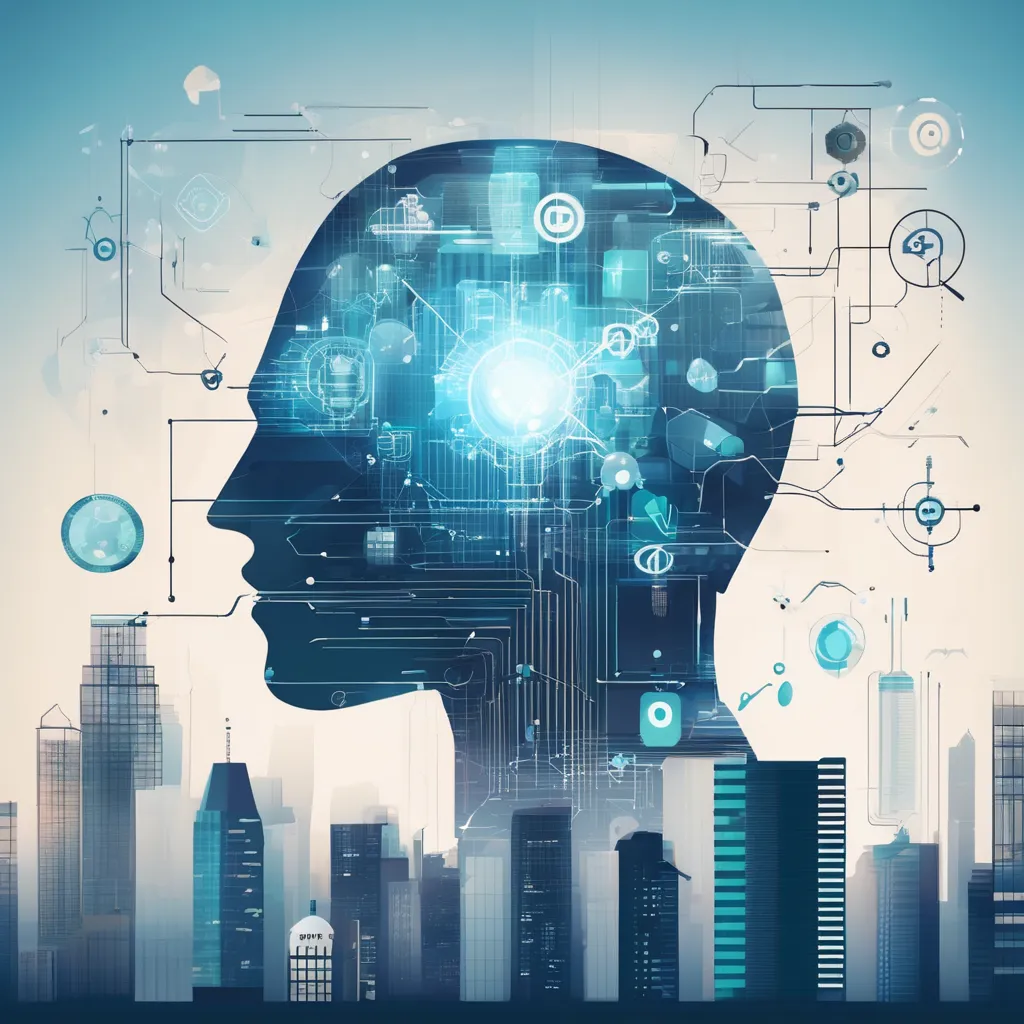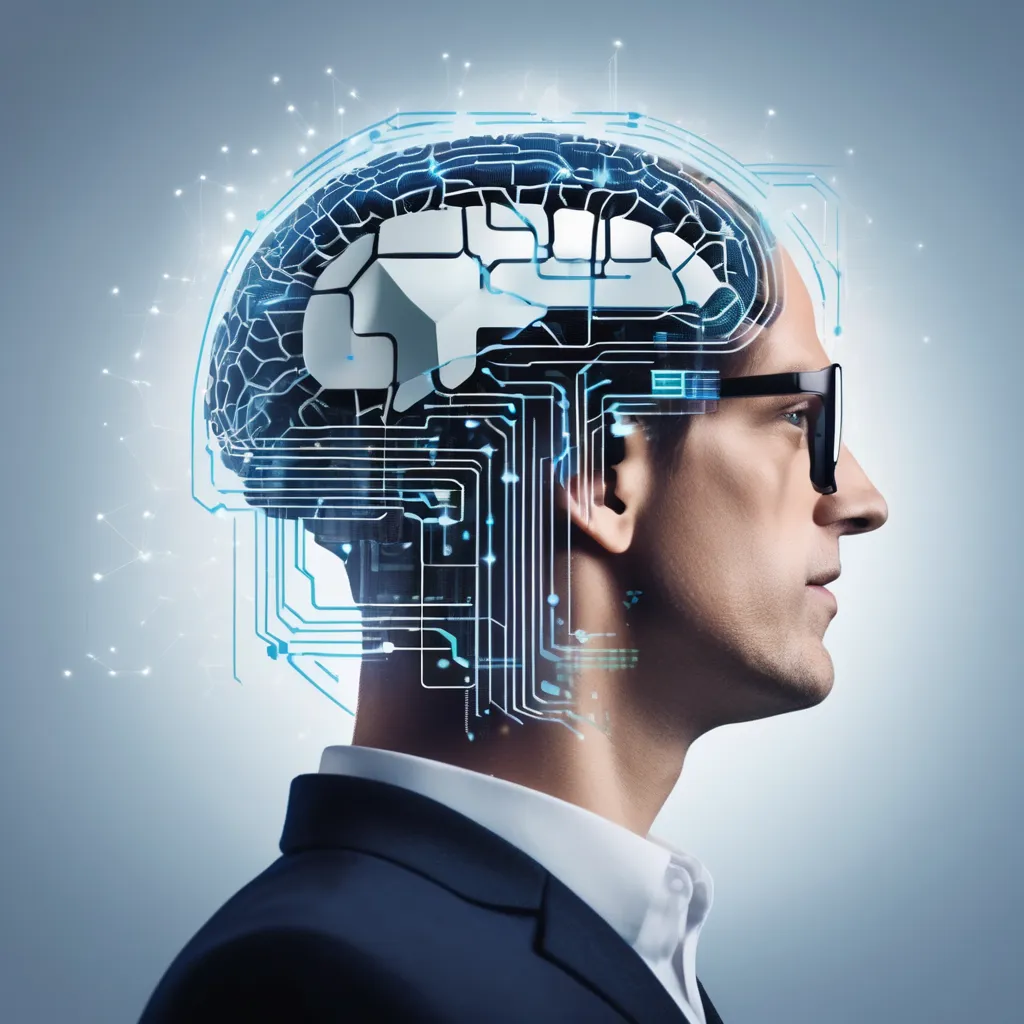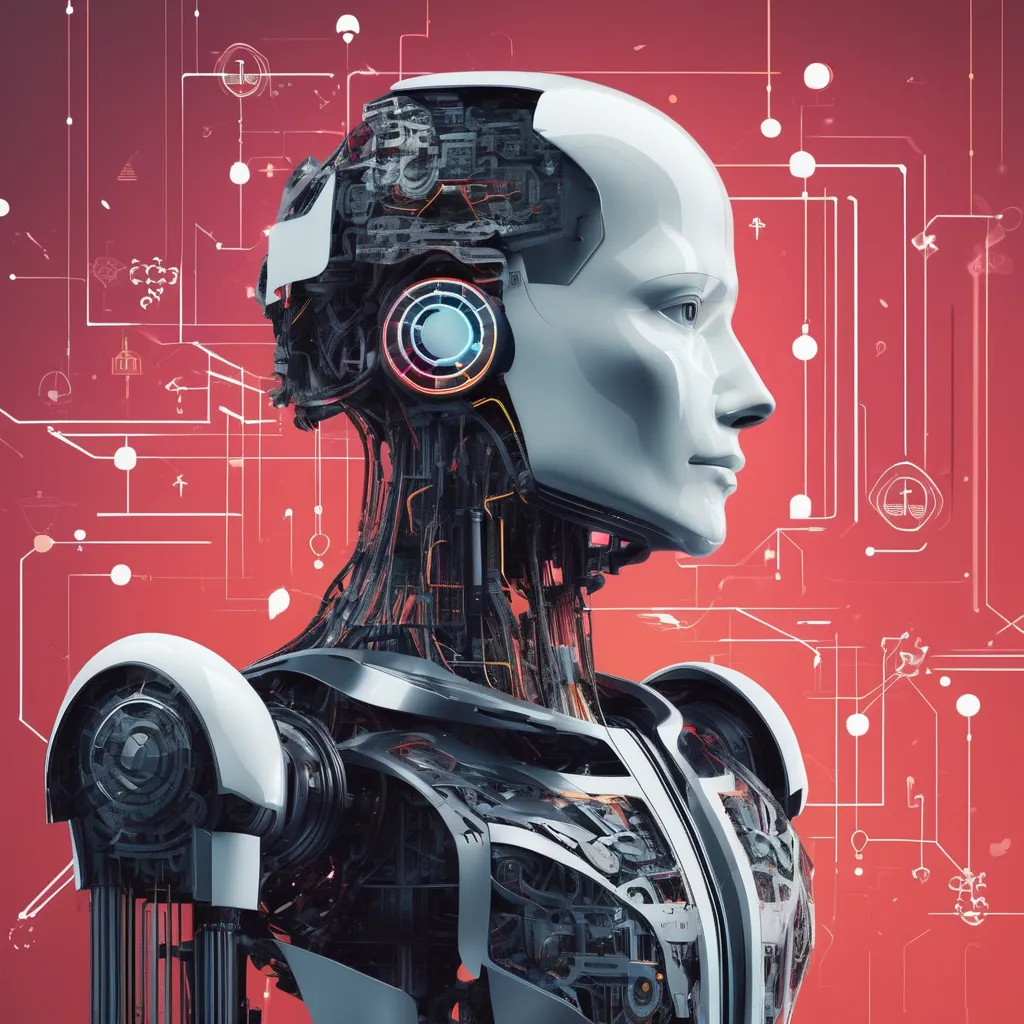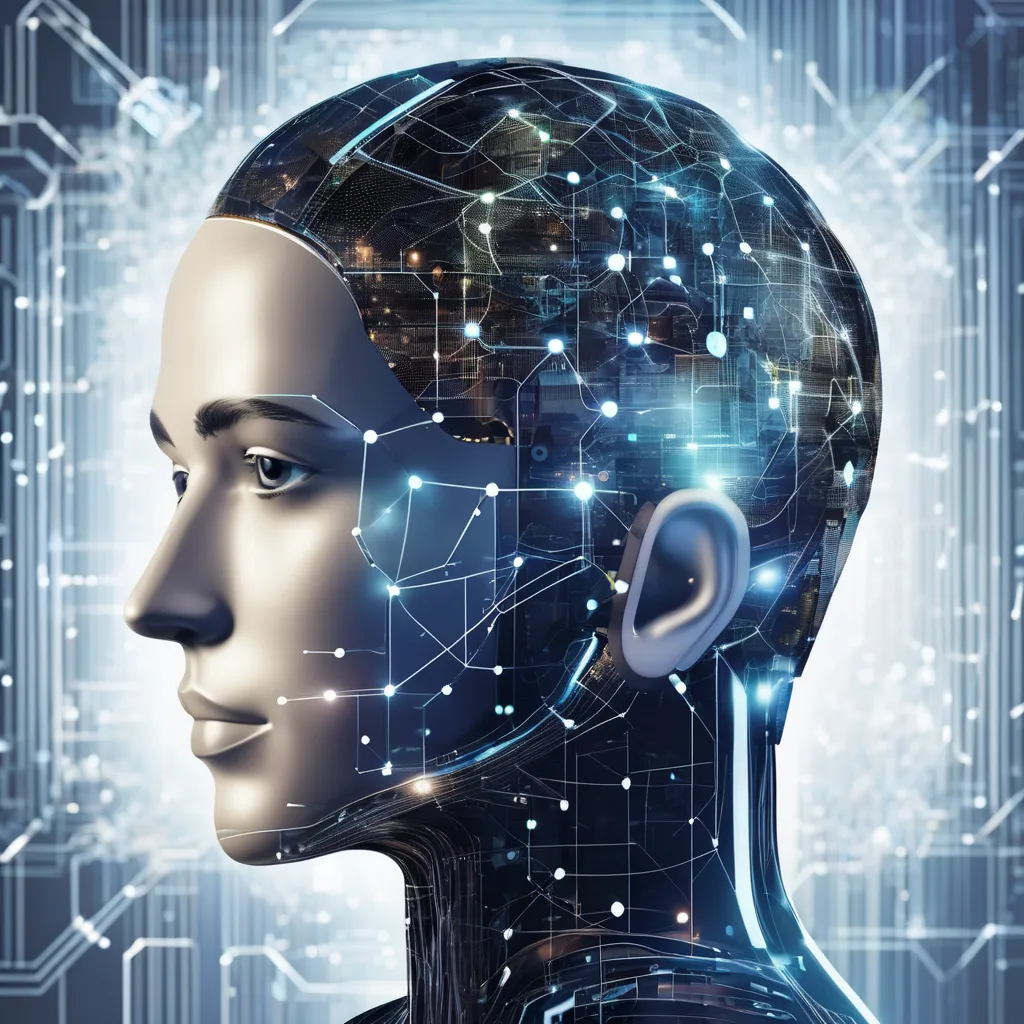The Future of AI: Balancing Progress and Control
As artificial intelligence (AI) continues to develop and integrate into various facets of human life, its potential and implications draw significant attention from researchers, policymakers, and the general public. This article delves into the nuanced topic of AI progress and the requisite control mechanisms that ensure its responsible and ethical application.
Understanding the Current Landscape of Artificial Intelligence
Artificial intelligence is transforming industries at an unprecedented pace, driven by rapid advancements in machine learning, neural networks, and big data analytics. Contemporary AI encompasses a broad spectrum, ranging from narrow AI systems specialized in specific tasks to the elusive goal of general AI, which exhibits human-like cognitive capabilities. Current applications of AI include natural language processing, computer vision, autonomous systems, and decision-making algorithms. As these technologies become more sophisticated, they bring both remarkable opportunities and significant challenges.
Historical Perspectives on AI Development
AI’s storied journey dates back to the mid-20th century, marked by milestones such as the creation of the first AI programs and the establishment of foundational theories. Early visionaries like Alan Turing and John McCarthy laid the groundwork with theoretical explorations and practical experiments. The field has experienced cycles of heightened expectations—known as “AI summers”—and subsequent periods of reduced funding and interest, referred to as “AI winters.” Understanding this historical context is crucial for appreciating the present state and future trajectory of AI.
The Role of Machine Learning in AI Progress
Machine learning (ML), a subset of AI, focuses on the development of algorithms that enable computers to learn from and make predictions based on data. ML techniques, including supervised, unsupervised, and reinforcement learning, have been instrumental in achieving breakthroughs in AI capabilities. The evolution of deep learning, a branch of ML, has particularly propelled progress by enabling the creation of highly complex models that can perform tasks with extraordinary accuracy. The synergy between ML and massive datasets has catalyzed advancements across various domains.
Impact of AI on Modern Industries
AI is revolutionizing modern industries by enhancing efficiency, productivity, and decision-making processes. In healthcare, AI-driven diagnostic tools assist in early disease detection and personalized treatment plans. The finance sector leverages AI for fraud detection, algorithmic trading, and customer service automation. Manufacturing industries utilize AI for predictive maintenance, quality control, and supply chain optimization. The transformative impact of AI on these industries underscores its potential to drive economic growth and innovation.
Ethical Considerations in AI Advancement
The ethical implications of AI development are a subject of intense debate and scrutiny. Key ethical considerations include bias and fairness in AI algorithms, privacy concerns, and the potential for AI systems to reinforce existing inequalities. Ensuring that AI technologies are developed and deployed responsibly requires the establishment of ethical guidelines and frameworks. These should address issues such as transparency, accountability, and inclusivity to prevent harm and promote the common good.
Balancing Innovation with Regulation in AI
The quest to balance innovation with regulation is critical to harnessing AI’s benefits while mitigating its risks. Innovative AI applications can drive economic growth and societal well-being, but unchecked development may lead to unintended consequences. Effective regulation should protect against potential harm without stifling creativity and progress. Policymakers must collaborate with technologists, ethicists, and industry stakeholders to create a regulatory environment that fosters responsible AI innovation.
Key Technologies Driving Future AI
Several key technologies are poised to drive the future of AI. Quantum computing holds promise for solving complex problems that are currently intractable for classical computers. Advances in natural language processing will enable more sophisticated human-machine interactions. Edge computing will facilitate real-time AI processing on devices, reducing latency and enhancing data privacy. These technologies, among others, will shape the next wave of AI advancements and their applications across diverse fields.
Potential Benefits of AI Integration in Society
The integration of AI into society presents numerous potential benefits, from improved healthcare outcomes to enhanced transportation systems. AI can play a crucial role in addressing global challenges such as climate change through predictive modeling and optimization of resource usage. Additionally, AI-driven educational tools can provide personalized learning experiences, and smart cities can leverage AI for efficient urban planning and management. These benefits underscore the transformative potential of AI in creating a more sustainable and equitable world.
Challenges in Controlling AI Systems
Controlling advanced AI systems poses significant challenges, particularly as these systems become more autonomous and complex. Ensuring that AI acts in alignment with human values and intentions requires robust control mechanisms and continual oversight. Issues such as the explainability of AI decisions, robustness to adversarial attacks, and safeguarding against unintended behaviors are critical areas of focus. Addressing these challenges necessitates multidisciplinary research and collaboration.
The Importance of Transparency in AI Algorithms
Transparency in AI algorithms is essential to fostering trust and accountability. Transparent AI systems enable stakeholders to understand how decisions are made and to identify any potential biases or errors. This transparency is particularly important in high-stakes applications, such as criminal justice or finance, where AI decisions can have profound impacts on individuals and society. Efforts to enhance transparency include developing explainable AI models and adopting standards for algorithmic accountability.
Security Concerns in AI Deployment
The deployment of AI systems introduces various security concerns, including susceptibility to cyberattacks and the potential misuse of AI technologies. Ensuring the security of AI systems involves protecting against data breaches, adversarial attacks, and other forms of exploitation. Moreover, the dual-use nature of AI means that it can be employed for both beneficial and malicious purposes, necessitating vigilant monitoring and the development of robust security protocols.
AI and the Future of Employment
The impact of AI on employment is a topic of significant concern and speculation. While AI has the potential to create new job opportunities and enhance productivity, it also poses the risk of job displacement in certain sectors. Preparing for the future of work involves upskilling and reskilling workers, promoting lifelong learning, and creating policies that support workforce transitions. A balanced approach is required to ensure that the benefits of AI-driven productivity gains are widely shared.
The Role of Government Policies in AI Development
Government policies play a pivotal role in shaping the development and deployment of AI. Policymakers must address issues such as data privacy, ethical standards, and investment in AI research and infrastructure. International cooperation on AI policies can help harmonize standards and promote the responsible use of AI globally. Governments also have a role in fostering public trust in AI by ensuring that regulations are transparent, inclusive, and equitable.
Public Perception and Acceptance of AI
Public perception and acceptance of AI technologies are crucial factors influencing their adoption and impact. Public understanding of AI, its benefits, and potential risks is shaped by media coverage, education, and personal experiences. Building public trust in AI involves transparent communication, addressing ethical concerns, and demonstrating the tangible benefits of AI applications. Outreach and education initiatives can help demystify AI and promote informed public discourse.
Collaborative Efforts in Global AI Research
Global collaboration in AI research is essential to addressing complex challenges and ensuring comprehensive progress. International partnerships among governments, academic institutions, and industry players can accelerate innovation and foster the development of shared ethical standards. Collaborative efforts can also enhance diversity in AI research, incorporating perspectives from different cultures and disciplines to create more inclusive and robust AI systems.
Balancing Privacy and Data Utilization in AI
The balance between privacy and data utilization is a fundamental challenge in AI development. AI systems often require vast amounts of data to train and operate effectively, but this data must be handled responsibly to protect individual privacy. Techniques such as differential privacy, federated learning, and data anonymization can help mitigate privacy risks while enabling valuable insights from data. Striking this balance is critical to maintaining public trust and compliance with regulatory frameworks.

Human-Centric Approaches to AI Design
Adopting human-centric approaches to AI design ensures that AI systems align with human values and societal goals. Human-centric AI prioritizes the well-being, agency, and dignity of individuals affected by AI technologies. This approach involves engaging diverse stakeholders in the design process, considering the social and cultural context of AI applications, and emphasizing ethical principles such as fairness and accountability. Human-centric design can contribute to more equitable and beneficial AI outcomes.
The Intersection of AI and Human Rights
AI technologies intersect with various aspects of human rights, raising important considerations for their development and deployment. AI can impact rights related to privacy, freedom of expression, and non-discrimination. Ensuring that AI respects and upholds human rights requires the integration of human rights principles into AI policies and practices. This entails conducting human rights impact assessments, promoting transparency and accountability, and fostering an inclusive dialogue on AI and human rights.
Future Trends in Artificial Intelligence
The future of AI is poised to be shaped by several emerging trends. Advances in AI-human collaboration, such as augmented intelligence, will enhance human capabilities and decision-making. The integration of AI with other technologies, such as the Internet of Things (IoT) and blockchain, will create new opportunities and applications. Ethical AI design and governance will become increasingly important, driven by growing awareness of AI’s societal impacts. These trends highlight the dynamic and evolving nature of the AI landscape.
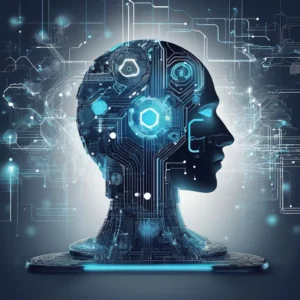
Building a Sustainable Future with Responsible AI
Building a sustainable future with responsible AI requires a concerted effort to align AI development with long-term societal goals. Responsible AI emphasizes ethical considerations, transparency, and inclusivity, ensuring that AI technologies benefit humanity as a whole. Collaborative frameworks that involve governments, industry, academia, and civil society are essential to achieving this vision. By prioritizing responsible AI practices, we can harness the power of AI to address global challenges and create a better future for all.


